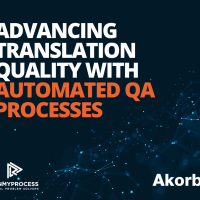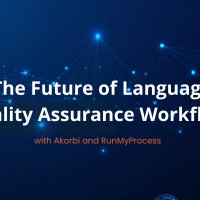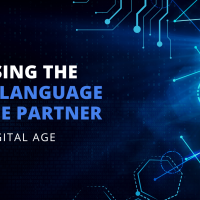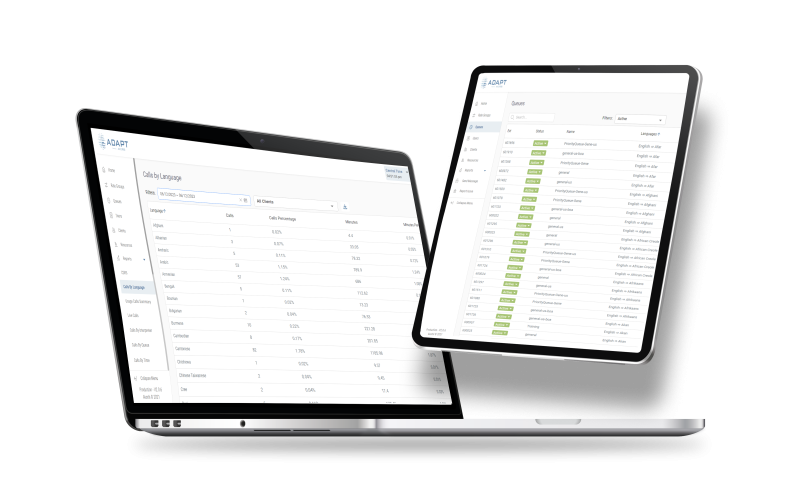
Advanced Interpretation Services for the Digital Age
Akorbi's interpretation solutions specialize in providing innovative interpretation services to meet your diverse communication needs. With a team of qualified and certified interpreters, we are equipped to assist you anytime, anywhere in the world. Our commitment to excellence and cutting-edge technology ensures that you receive accurate and high-quality language solutions. Join us as we delve into the world of interpretation and explore the transformative power of effective communication.
Phone Interpretation
Connect with us anytime, anywhere through our customizable and compliant phone interpretation services. With access to over 170 languages, our real-time telephone interpreters are available 24/7 to assist you. Through our user-friendly ADAPT mobile and web app, you can easily schedule interpretation services and gain secure access to call activity reports, language reports, surveys, and more.
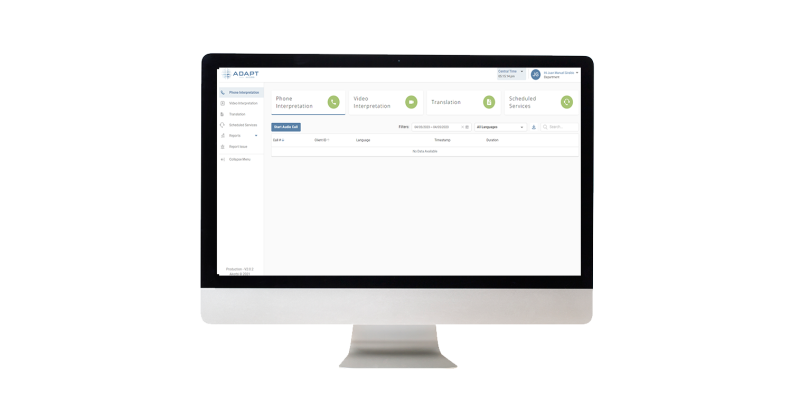
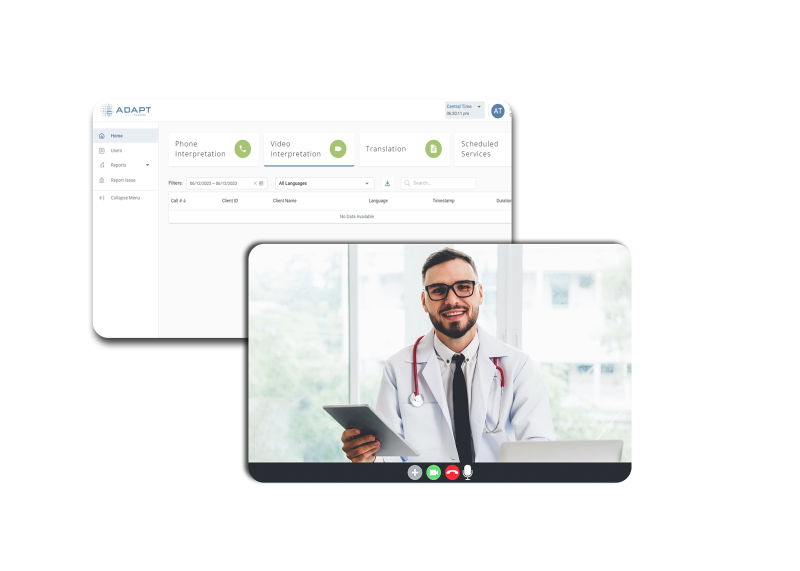
Video Interpretation
Experience the future of interpretation with Akorbi's revolutionary video interpretation service. Communicate seamlessly with employees, clients, patients, and the Deaf and Hard of Hearing community. Our video interpretation technology increases cost efficiency and allows you to connect with highly-qualified interpreters from any location. All you need is an internet connection and a computer, tablet, or mobile device to access our high-resolution video and audio connection.
On-Site Interpretation
In certain situations, face-to-face interaction is crucial. Akorbi offers qualified and certified on-site interpretation services to meet your specific needs. Whether it's court proceedings, conferences, depositions, or complex medical appointments, our skilled interpreters will ensure accurate communication. With our secure scheduling platform, you can easily book appointments, receive confirmation emails, and access reports for compliance purposes.
American Sign Language (ASL) Interpretation Solutions
Akorbi is honored to bridge the communication gaps between the Deaf and hearing-impaired communities and others. Our certified Sign Language Interpreters are available on both scheduled and unscheduled bases, including after-hours emergencies. With a combination of qualified interpreters and state-of-the-art technology, we provide reliable and readily available sign language interpretation services for various industries.

Akorbi News
Get a behind-the-scenes look at Akorbi through our news stories, filled with the latest updates, industry trends, and in-depth features.

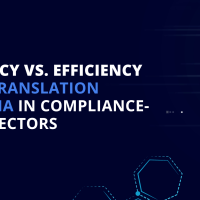
Akorbi Recognition
We strive to provide our clients with the highest-quality language services and game-changing technology, and we’re proud to share that our efforts have been recognized time and again.

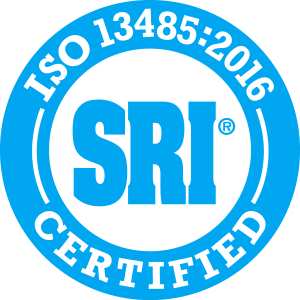
ISO 13485:2016
Certification: ISO 13485:2016
Certification body: SRI
About ISO 13485: ISO 13485:2016 specifies requirements for a quality management system where an organization needs to demonstrate its ability to provide medical devices and related services that consistently meet customer and applicable regulatory requirements.

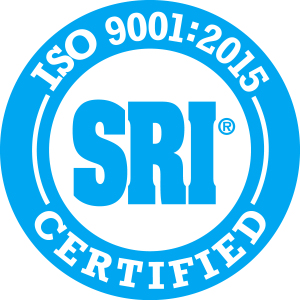
ISO 9001:2015
Certification: ISO 9001:2015
Certification body: SRI
About ISO 9001: ISO 9001:2015 specifies requirements for a quality management system.

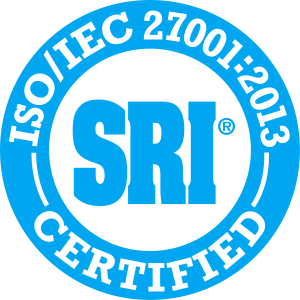
ISO 27001:2013
Certification: ISO 27001:2013
Certification body: SRI Quality System Registrar
About ISO 27001: ISO 27001 is the international standard for information security management system for continuing conformance to information security requirements. To know more about this standard, click Learn More below.


Dallas 100
For 30 years, the Caruth Institute for Entrepreneurship at the SMU Cox School of Business and the Dallas 100TM sponsors have celebrated the innovative spirit, determination and business savvy of area entrepreneurs. We have saluted the diversity, creativity and resolve it takes to create and sustain a successful business in today’s competitive environment.
Learn More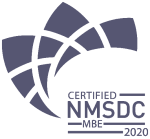
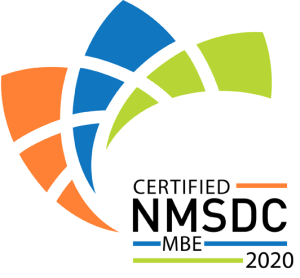
Minority Business Enterprise
Certification: MWBE Minority Business Enterprise
Certification body: State of Tennessee
Objective: Certified to perform business at the state of Tennessee level as a Minority Business Enterprise.


Proud Sponsors of Translators Without Borders
Translators without Borders is a nonprofit working toward a world without language barriers.
Learn More
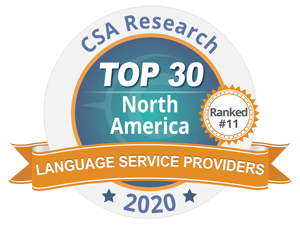
CSA Research
Common Sense Advisory (CSA) Top 30 NA Language Service Providers Rankings:
- 2020
- Global: 29
- North America: 11


Nimdzi Insights
Nimdzi is a market research and international consulting company that works towards
providing clients with the insights needed to succeed on a global scale.
- 2018
- Global: 24
- North America: 12
- 2019
- Global: 36
- North America: 11
- 2020
- Global: 35
- North America: 12


Women Owned
Certification: Women-Owned Enterprise
Certification body: North Central Texas Regional Certification Agency
Objective: Certified to perform business at the local government level as a MWBE.

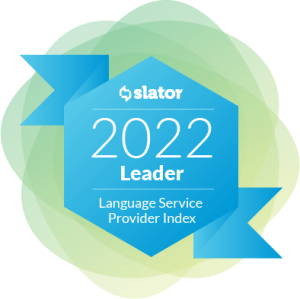
Slator LSP Index
The Slator 2020 Language Service Provider Index is a ranking and index of the world’s largest language service providers, translation agencies, localization providers, interpreting services providers, and language technology companies.
- 2018
- Global: 28
- North America: 13
- 2019
- Global: 27
- North America: 9
- 2020
- Global: 26
- North America: 10


50 Fastest Women-Owned / Led
Certification: Women-Owned Enterprise
Certification body: Women’s Business Enterprise National Council – Southwest
Objective: Certified to conduct business as a woman-owned business.


ISO 17100:2015
Certification: ISO 17100:2015
Certification body: SRI Quality System Registrar
About ISO 17100: ISO 17100 is the international standard for information security management system for continuing conformance to information security requirements. To know more about this standard, click Learn More below.
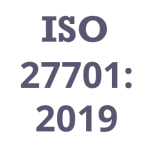
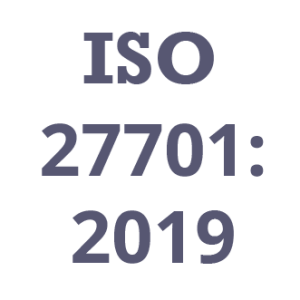
ISO 27701:2019
Certification: ISO 27701:2019
Certification body: SRI Quality System Registrar
About ISO 27701: ISO 27701 is the international standard for information security management system for continuing conformance to information security requirements. To know more about this standard, click Learn More below.
We Speak Over 170 Languages
Akorbi ensures that cultural differences never hinder communication. Our dedicated team is ready to facilitate your global interactions with unmatched precision. Connect with us today and let's navigate the world of languages together.
